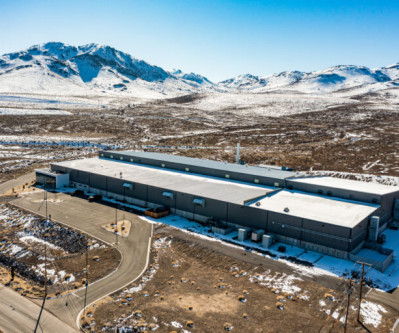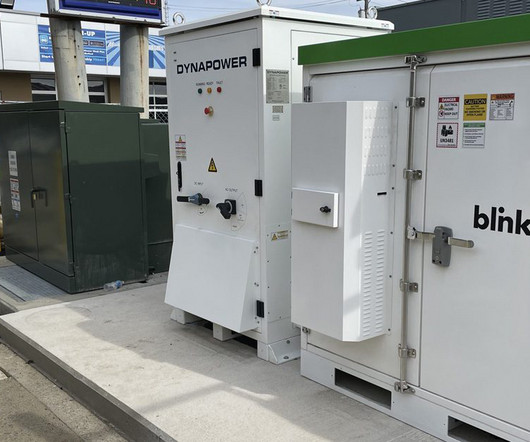Ford concentrates on control strategies for low-cost start-stop system for Fusion
Green Car Congress
JULY 19, 2012
The new Ford Fusion will be the first non-hybrid Ford vehicle available in the US with Auto Start-Stop. In its quest to keep the system very affordable, Ford wanted to keep the supporting battery a 12V battery, but also didn’t want to compromise durability, said Birgit Sorgenfrei, Ford’s Auto Start-Stop program manager.



















Let's personalize your content